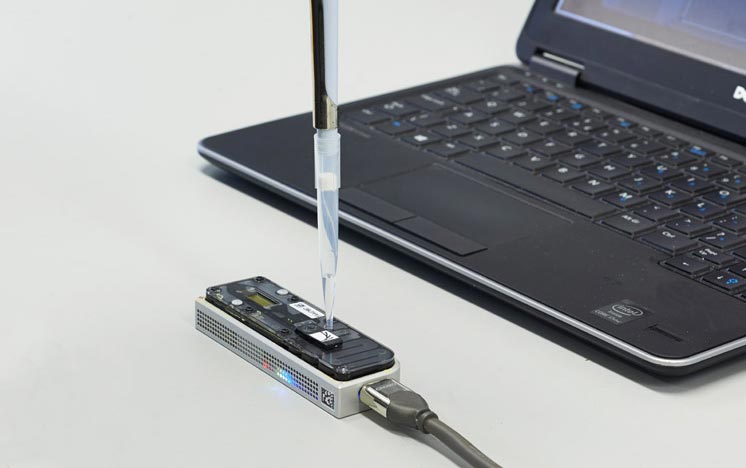
Next Generation Sequencing (NGS) technologies have a range of applications, including the sequencing of microbial genomes and culture-free identification of microbial communities. The implications of this for the food industry range from source tracking of bacterial contaminants, identification of spoilage communities, and authentication of the origins of foodstuffs. NGS platforms are now becoming sufficiently inexpensive that their application to real world problems in the food industry is increasingly feasible.
Food safety is an area where NGS can play a pivotal role. High throughput technologies are capable of rapidly producing draft-quality genome sequences of the bacteria responsible for important foodborne diseases (including Salmonella enterica, Listeria monocytogenes and Campylobacter jejuni).
When sequence data is compared to similar data from clinical patients it becomes possible to rapidly detect outbreaks of foodborne disease at an early stage, when they are small and not geographically clustered.
For the full story, visit the FERA website.
FERA is a Partner in GFAR that shares in the mission to strengthen and transform agri-food research and innovation systems globally. For more information on the Partners in GFAR, and to become a Partner, click here!
Photo credit: FERA
